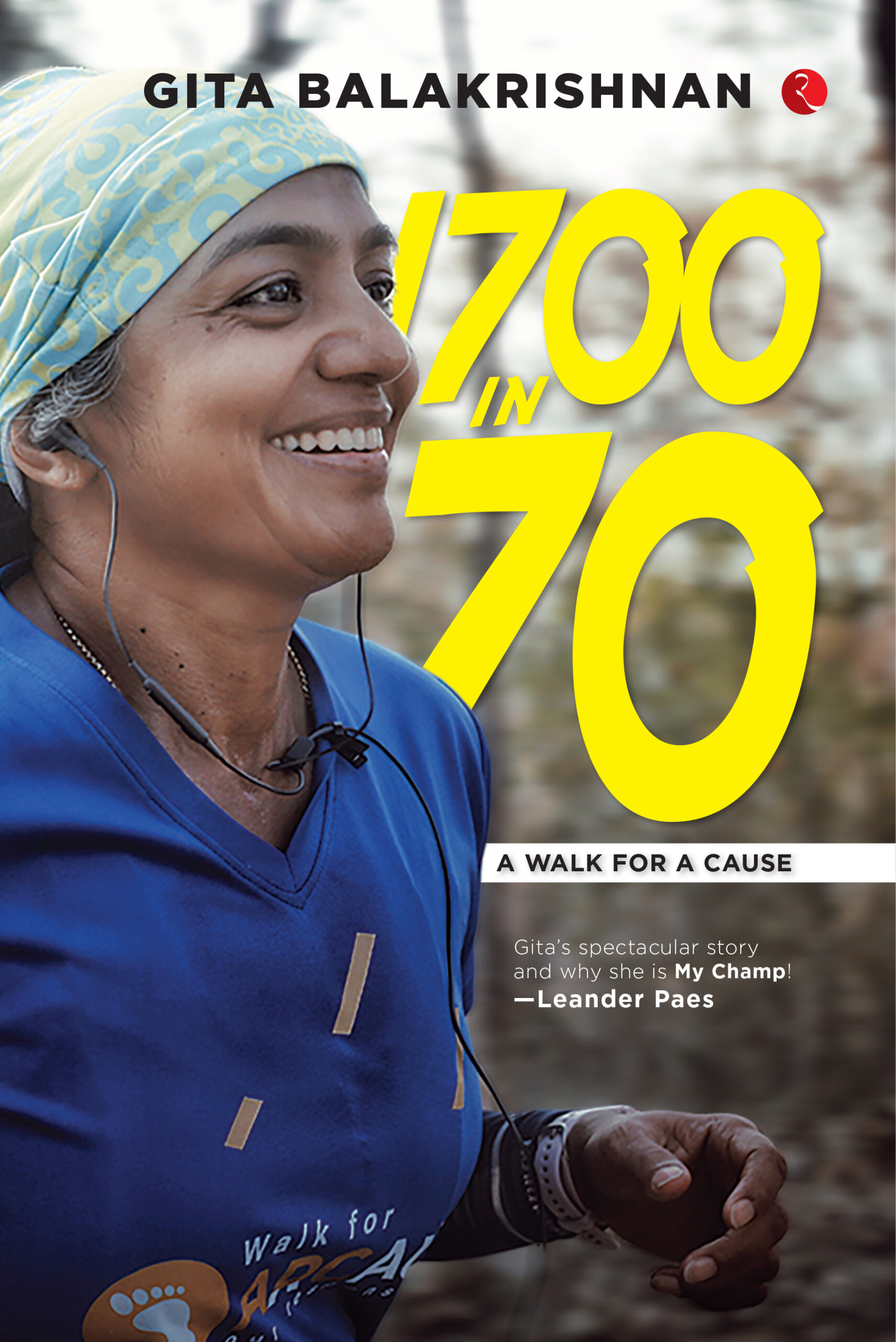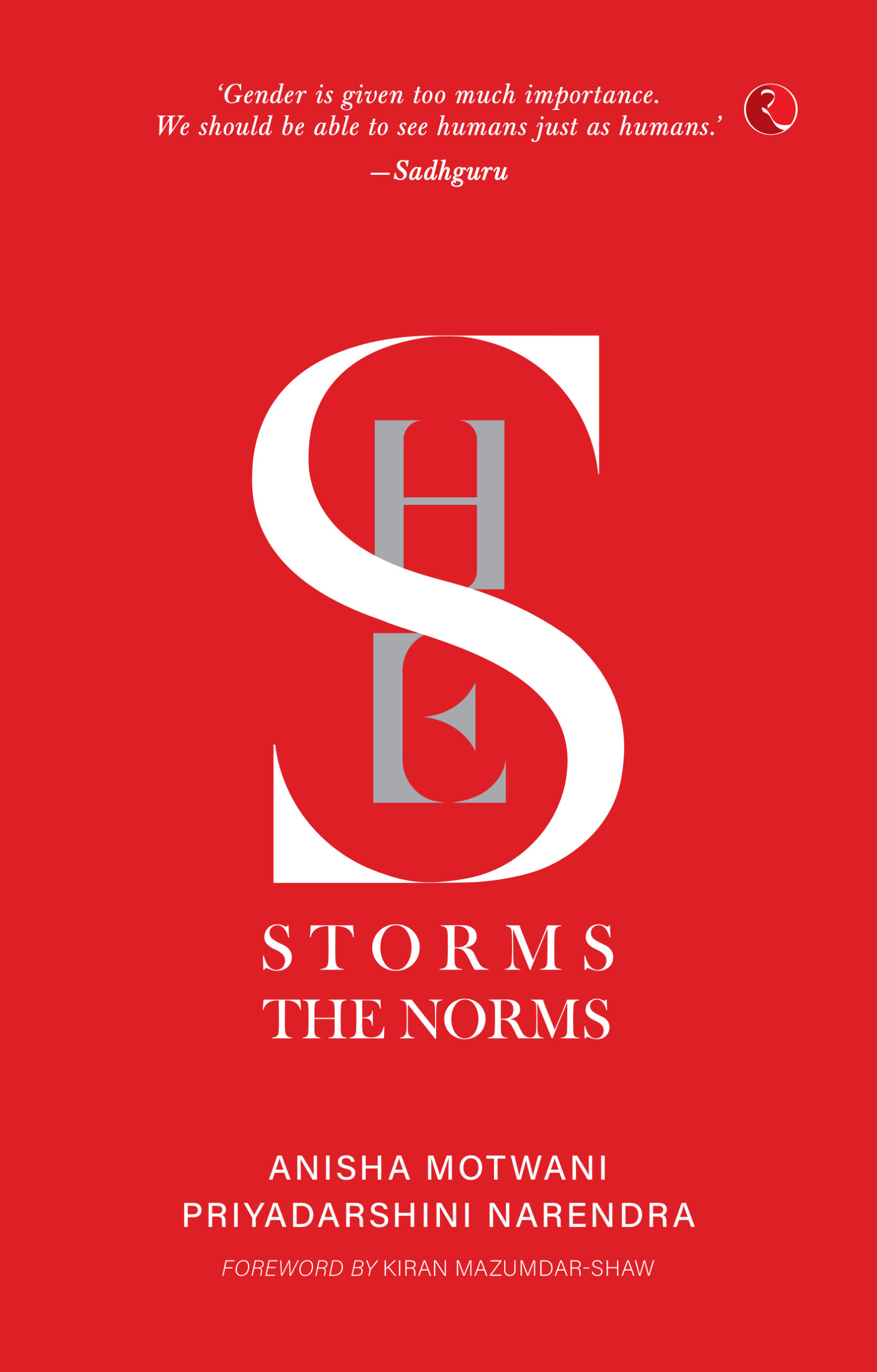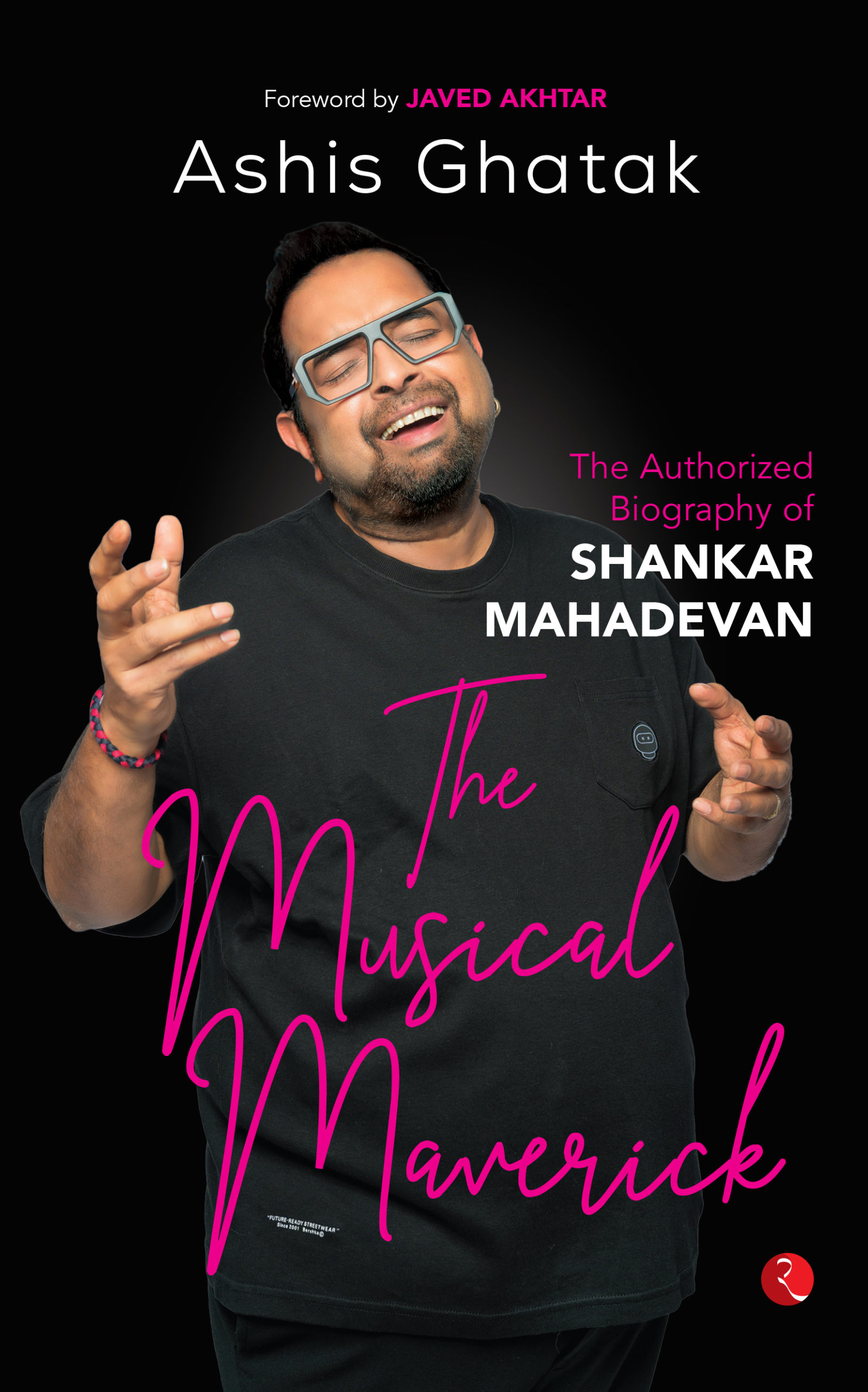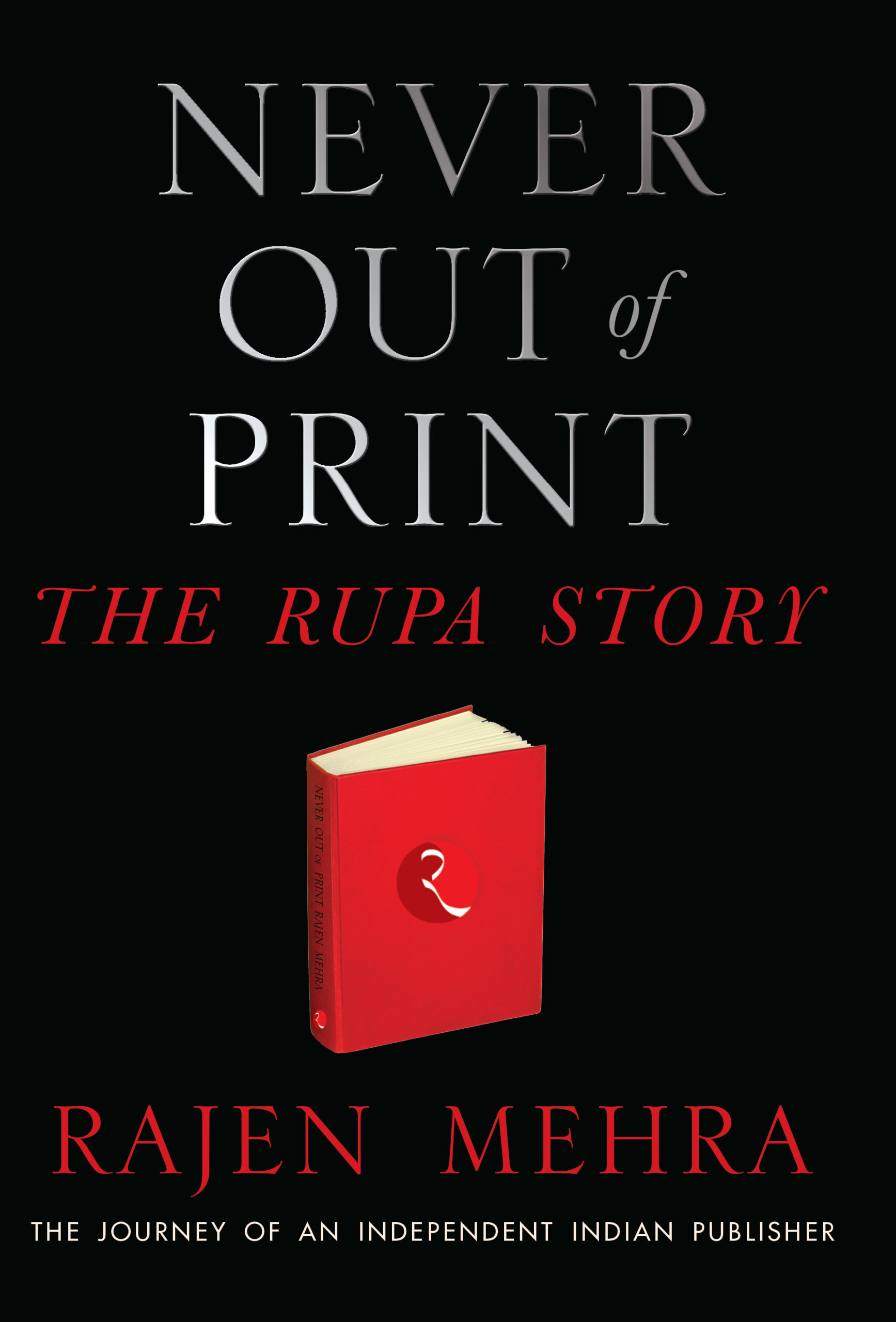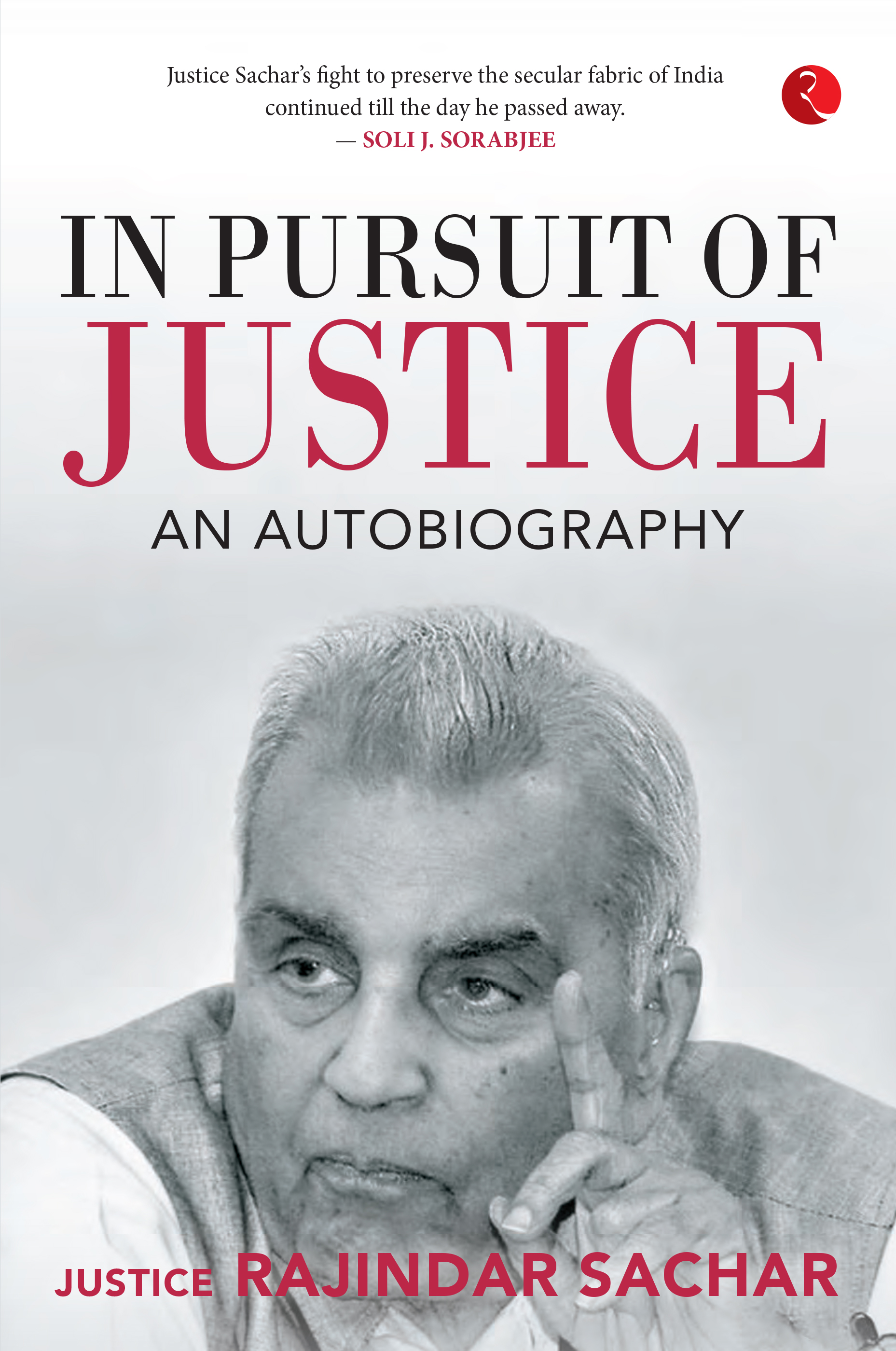
IN PURSUIT OF JUSTICE: An Autobiography
- Category PoliticsBiographies & Memoirs
- Format Hardcover
- Imprint Rupa
- Price 595
- ISBN: 978-93-90356-67-6
- Pages: 264 pages
- Date: 1st December 2020
ABOUT THIS BOOK
The story of a great jurist who was an even greater human being.
Justice Rajindar Sachar was a socialist, an egalitarian, a defender of civil liberties, a deeply engaged citizen of India, and, above all, a humanist. A man who believed in standing for the last man in the line, he was ‘armed’ with a moral compass that never wavered.
Born into an influential family from Lahore in 1923, he witnessed the pain of Partition. Yet, amazingly, he never bore any animosity towards Pakistan or its people. Son of Bhimsen Sachar, a prominent Congressman and Gandhian in pre-Partition Punjab and Chief Minister of Punjab post-1947, Rajindar did not disclose his famous surname during his early life to ensure people would not give him special treatment.
He joined the Delhi High Court in 1970 but was transferred out of Delhi for voicing his opposition to the Emergency. During those dark days he shared a close bond with Justice H.R. Khanna, the lone voice of dissent in a Supreme Court that chose to side with Indira Gandhi. Brought back to Delhi after the Emergency, he rose to become the Chief Justice of the Delhi High Court.
Post-retirement, Sachar helmed the People’s Union for Civil Liberties for many years. However, what Justice Rajindar Sachar is most-remembered for is the Sachar Committee Report (2006) which documented the social and economic condition of Muslims in India. The Report drew both praise and criticism, with some radical elements even threatening to send him back to Pakistan. However, his fight to preserve the secular fabric of India continued till the day he died.
His autobiography comes at a critical time when India’s democracy is under siege from within.


